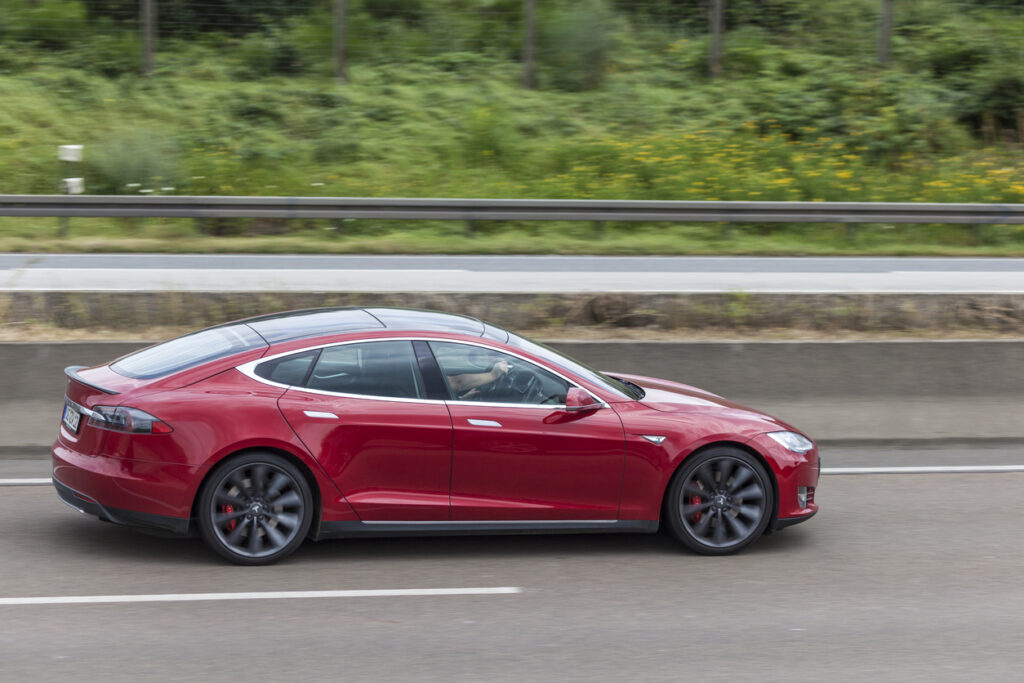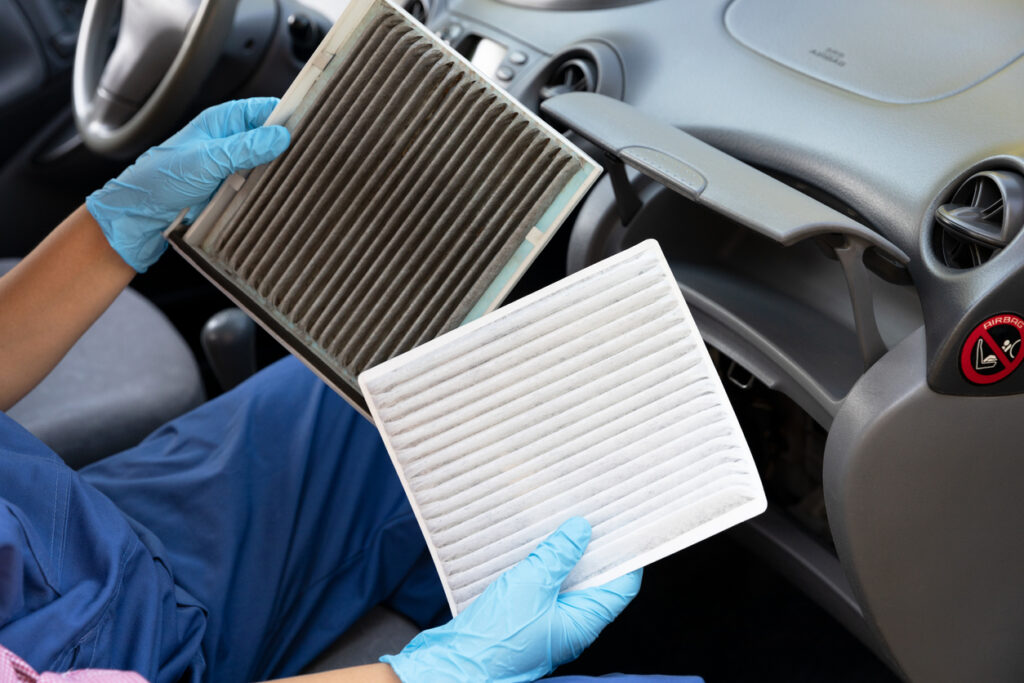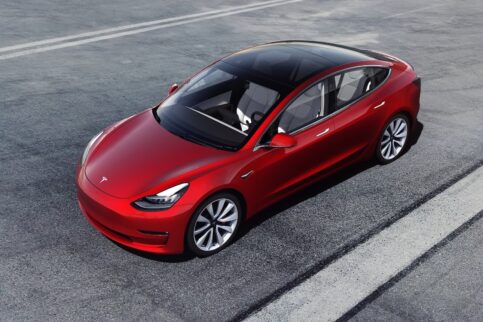With the continuing threat of COVID-19 and the ongoing battle against pollution, the quality of indoor air has become more important to many. Air purifiers and HEPA filters are in high demand for spaces where people spend large periods of time. So, how concerned should you be about the auto interior filtration system of your car?
Which Car Air Filters Are Important to You?
Most recent cars have two air filtration systems that you should include as part of your regular vehicle maintenance schedule.
The engine air filter cleans air that passes through the engine, keeping the engine free of dust and debris. A well-maintained engine air filter can help reduce maintenance costs by keeping your engine healthier longer.
A cabin air filter, by contrast, protects the car’s occupants from pollutants and debris that may get in from outside. Long-term exposure to these pollutants can affect your health.
What Is a HEPA Filter?
HEPA stands for High-Efficiency Particulate Air Filter. These filters can trap particles the size of 0.3 microns. For context, a single hair on your head has an average diameter of 70 microns. While most cars feature an auto interior filtration system, most of these systems don’t come equipped with HEPA filters.
To earn a HEPA rating, filters must prove a 99.97% proficiency rate with particles at 0.3 microns, meaning they provide significantly more protection from pollution and other chemicals, as well as larger debris in the air than regular car air filters.
The Tesla Bioweapon Defense Mode

One of the best auto interior filtration systems currently on the market is Tesla’s Bioweapon Defense system, which uses HEPA filters.
When activated, Tesla Bioweapon Defense filters air through HEPA filters and a secondary filtration system. They both contain activated carbon to remove odours and gases. The car also uses positive pressure to push the air out of the car instead of sucking it in. This removes the risk of airborne pollution and diseases.
To test the system, Tesla performed placed a car in a bubble filled with pollution far beyond the Environmental Protection Agency’s measurement of hazardous, and turned on the system. Within two minutes, the air inside the car went from “hazardous” to “good,” proving how effective Bioweapon Defense Mode is.
Can a HEPA Filter Protect You from COVID-19?
In theory, a HEPA filter can catch particles the size of SARS-CoV-2, the virus that causes COVID-19, and prevent them from entering the car. However, the filter only works if the virus is entering the car from outside the vehicle. Since you have to be standing very close to someone who carries the virus for transmission to occur, catching it from outside your car wouldn’t be much of an issue to begin with.
If you have a passenger infected with COVID-19, however, HEPA can’t prevent the spread of the virus. The only system that actively filters air already inside the car is Tesla’s Bioweapon Defense Mode. However, it doesn’t filter the air fast enough to avoid the risk of transmission if a passenger is carrying SARS-CoV-2.
Should You Buy a HEPA Filter?

It depends. If you spend a lot of time in your car, especially if you drive in areas with unpaved roads or a lot of traffic and air pollution, a HEPA filter might be worth your money. But if you don’t, regular maintenance on your vehicle and changing the cabin air filter every 19,000 to 24,000 kilometres is probably enough. If you’re concerned about the air filtration in your car and want to ensure you have the best car air filters possible, then HEPA filters are your best option and worth the small extra cost.


